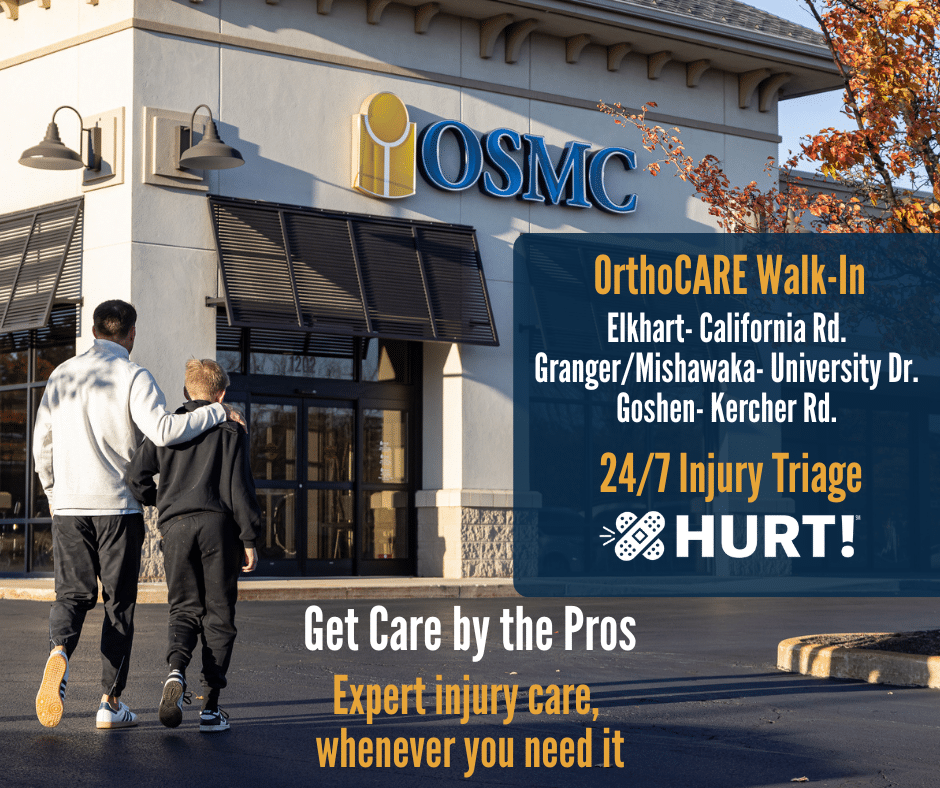Carpal Tunnel Syndrome Treatment in Northern Indiana
What is Carpal Tunnel Syndrome?
On the palm side of the hand, there is a narrow passageway called the carpal tunnel. It is made up of bones and ligaments. The median nerve is pressed on, which leads to carpal tunnel syndrome.

Carpal Tunnel Symptoms
Symptoms of carpal tunnel syndrome usually come on slowly and include:
- Tingling or numbness - Tingling or numbness may occur and usually affects the thumb, index, middle, or ring finger, not the little finger. Driving, talking on the phone, or reading a newspaper commonly causes these symptoms, and they can also wake you up from sleep. Eventually, you may feel numb all the time
- Weakness - You might feel weak in your hands and drop things. This could be because the median nerve is making the hand numb or because the muscles that pinch with the thumb are weak
What Causes Carpal Tunnel?
The median nerve is pressed on, which leads to carpal tunnel syndrome.
The median nerve goes from the forearm to the hand through the carpal tunnel, which is a passageway in the wrist. It lets the palm side of the thumb and fingers, except for the little finger, feel things. It also sends nerve signals to the muscles at the base of the thumb to make them move.
Carpal tunnel syndrome can be caused by anything that puts pressure on or irritates the median nerve in the carpal tunnel. A broken wrist or swelling and inflammation from rheumatoid arthritis can both narrow the carpal tunnel and irritate the nerve.
How to Prevent Carpal Tunnel
There are no surefire ways to avoid carpal tunnel syndrome, but you can reduce stress on your hands and wrists by doing the following:
- Relax your grip and force
- Take short breaks often
- Pay attention to your form
- Improve your posture
- Change your computer mouse
- Keep your hands warm
Carpal Tunnel Treatment
Carpal tunnel syndrome should be treated as soon as possible after the first signs appear. In the beginning, simple things you can do on your own may be enough to solve the problem. For instance:
- Take more breaks to give your hands a rest
- Stay away from things that make your symptoms worse
- To reduce swelling, use cold packs
You can also use a wrist splint, take medicine, or have wrist surgery. If you've had mild to moderate symptoms that come and go for less than 10 months, splinting and other conservative treatments are more likely to help. If your hands are going numb, you need to see a physician for help with treatment options.
Carpal Tunnel Syndrome Care in Michiana
Here at OSMC, our hand and wrist specialists are here to help you get back to the activities you love. If you are struggling with numbness or tingling in your hands, give us a call at (574)319-9994 to set up an appointment at one of our locations convenient to you.



